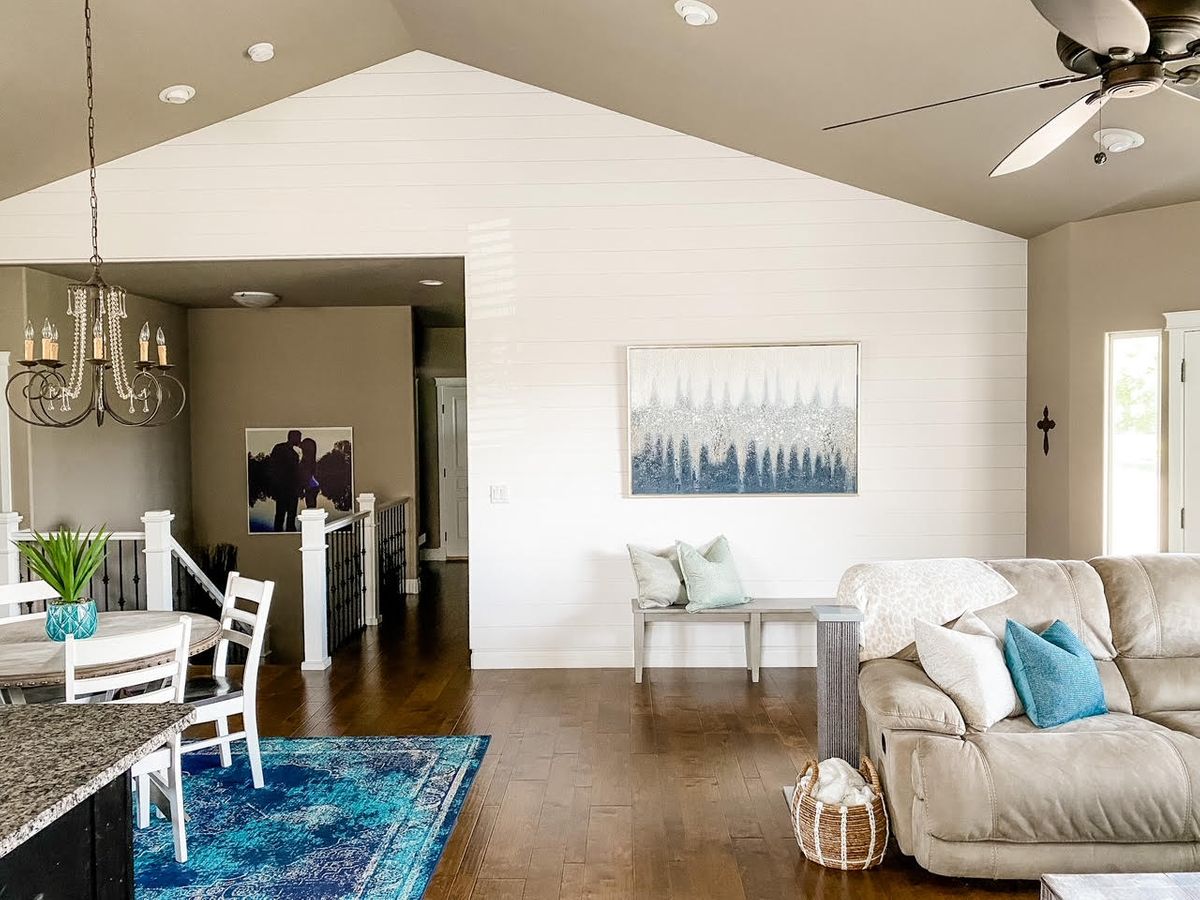Thinking of buying your first home but not sure you're ready or where to start? Here are 7 things to know to get ready now.

7 Things You Need to Know In Order To Buy
Casey Jagoras
The Most Important Variable in Getting a Home Comes Down to Lending
The lender provides most of the funds in order for you to buy, so they have many rules they like to see meet in order to protect their investment. The ultimate say on if you get approved for a home loan rests on their shoulders, (but know there area always exceptions to the rules. It varies depending on the lender, loan type, borrower, and property type) but this is the basic idea:
1. Two Years of Work Experience
Lenders like to see that you have been in the same position for about two 2 years. This makes you a safer bet in terms of income and job security. Some lenders can count your college education towards your job history, so be sure to ask if you don't meet the 2 year minimum.
2. Salary Based Income Over Commission
Lenders like to see that there is a large base pay. This is a safer bet for them than someone who is paid off of 100% commission. They want to see as much consistency as possible and may want to see 2 years or more of average income if you are primarily paid on commission.
3. Good Credit Score
Your credit score is an indicator of how much or how little of a risk lending to you might t be. If your credit has suffered over the last year or so start with cleaning that up. You can start a free account with Credit Karma to help you monitor this and get it on the right track. You could also ask someone with better credit to co-sign for you on a loan.
4. Save Up Your Down Payment
Down payments can very based of loan type form 3-20%. If you quality for an FHA loan you can do as little as 3-5% down payment. For a $300,000 house with a 5% down payment it would be $15,000. This is the amount you would need to pay and the bank would lend you the rest. If you want to do a Conventional Loan you will probably put around 20% down.
5. Get a Pre-Approval Letter
Start meeting with lenders and have them pull your basic information in order to get you a Pre-Approval (also know as a Lender Letter or Pre-Qual Letter). This states that they, in their professional opinion, believe that you can quality for a home around a certain price range with a specific loan type.
6. Then You are Ready to Meet With a Realtor
Once you have your Lender's Pre-Approval Letter you can meet with your Realtor to go over what price you quality for and what you want out of a home. You and your Realtor will find properties that fit your needs and then you can start the fun process of house hunting!
One VERY important thing to know is that the seller pays the agent commissions. There is ZERO cost to you to use a real estate agent to protect you during the biggest transaction of your life.
7. Make an Offer
When you finally find the house that is 'the one' your agent will consult you on what an acceptable offer might be and prepare it and then send it off to the Sellers Agent. The pre-approval letter will also be sent along with the offer to ensure the Sellers that you qualify. Once they accept your offer and sign it, you are officially on your way to being a homeowner!

